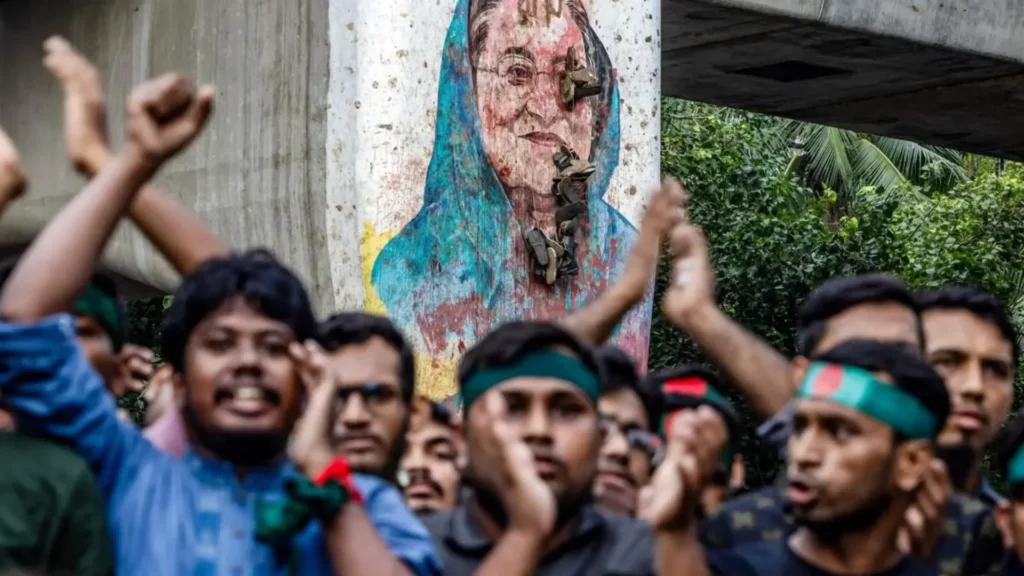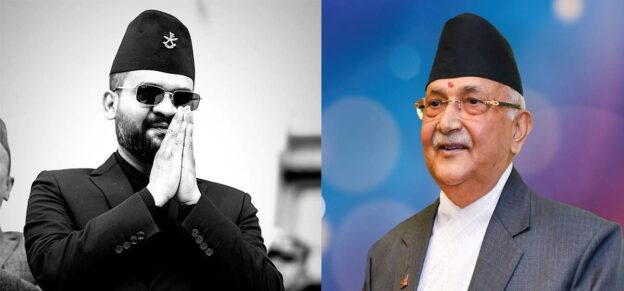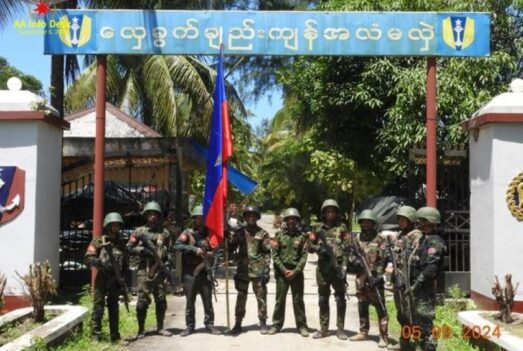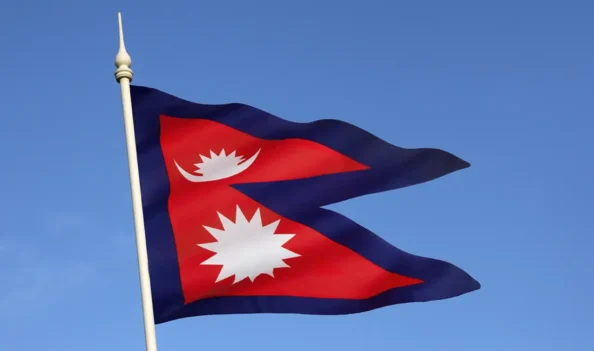The death-penalty verdict delivered in absentia against former Bangladeshi Prime Minister Sheikh Hasina has triggered an extraordinary wave of international concern, placing the country’s justice system under an uncompromising global spotlight. From the United Nations to Amnesty International, Human Rights Watch, and major global media outlets, the reactions signal far more than unease over a single case. They reflect a deepening alarm over Bangladesh’s legal and political trajectory under the Yunus-led interim government.
The ruling by the International Crimes Tribunal (ICT)—which declared Hasina the “mastermind” of the lethal July 2024 crackdown on student protesters—was intended to mark a watershed. Instead, by delivering the judgment entirely in her absence and amid wide-ranging criticisms of due process, the decision has opened new international fault lines at a moment when Bangladesh is navigating one of its most volatile political transitions in decades.
Amnesty International issued one of the strongest condemnations. The organisation argued that the trial “neither meets fairness standards nor guarantees justice for the victims,” highlighting procedural flaws including Hasina’s absence, limited preparation time for the defence, and restrictions on cross-examination of critical testimony. Calling the death penalty “cruel, inhuman, and degrading,” Amnesty warned that the verdict risks deepening human rights violations rather than achieving accountability.
Human Rights Watch echoed these concerns, noting that the verdict must be viewed against the ICT’s long history of procedural inconsistencies and political influence. HRW’s Asia specialists argued that the rushed nature of the proceedings aggravates fears of political motivation and undermines confidence in future accountability efforts. The organisation reiterated its broader opposition to capital punishment and cautioned that the judgment may further erode public trust in the justice system.
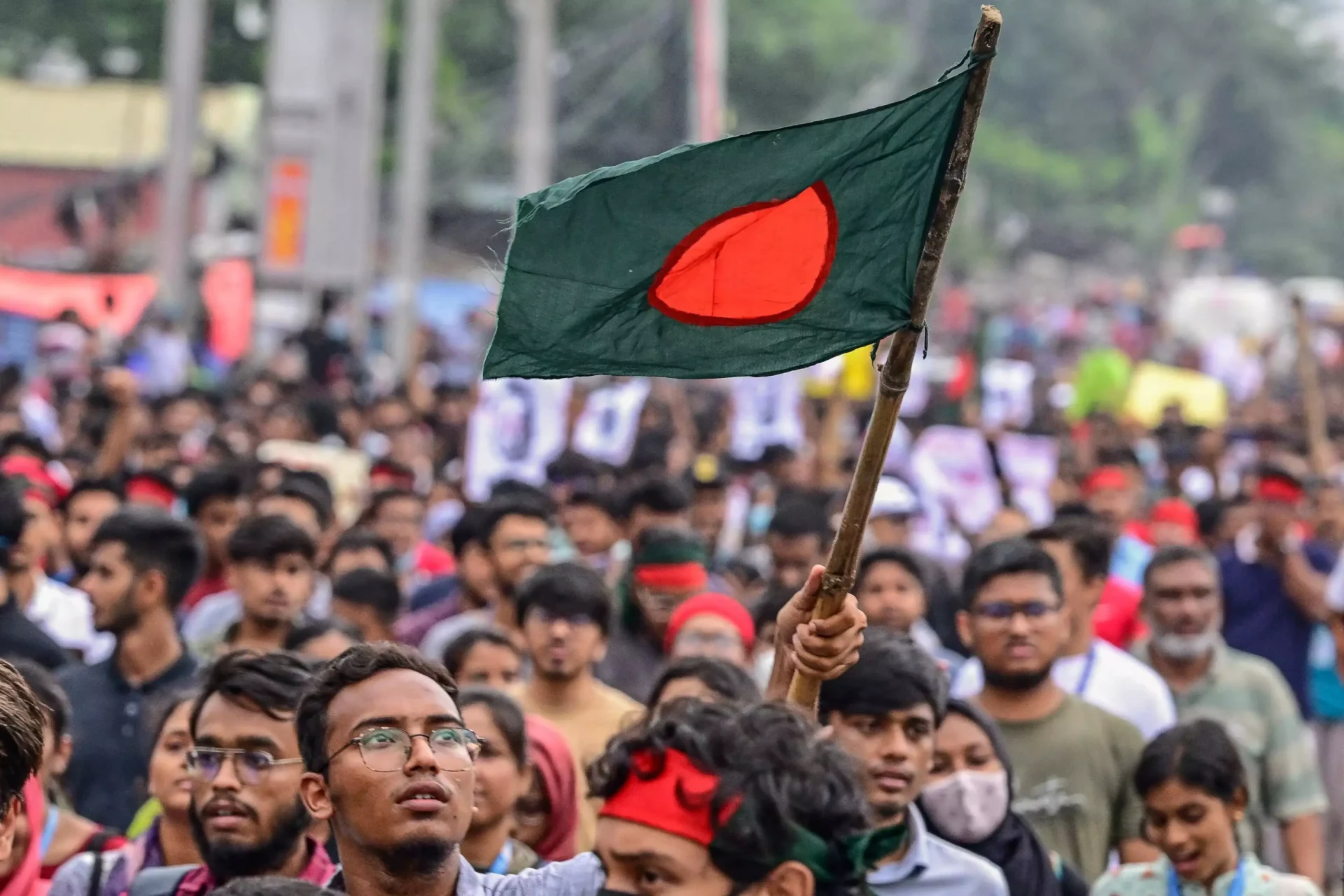
The United Nations struck a more measured tone, acknowledging the verdict as a moment of recognition for victims while simultaneously warning of serious due-process failures. The Office of the High Commissioner for Human Rights stressed that trials in absentia are inherently problematic, particularly in cases involving allegations of international crimes that demand the highest standards of transparency. High Commissioner Volker Türk urged Bangladesh to pursue a more inclusive process of truth-telling, reparations, institutional reforms, and reconciliation—signalling that punishment alone cannot substitute for justice.
Global media outlets have amplified these concerns, framing the verdict as a turning point in Bangladesh’s unfolding political crisis. BBC Bengali highlighted the tribunal’s reliance on recordings that allegedly show Hasina ordering the use of lethal force from helicopters and drones, while also noting her condemnation of the tribunal from exile in India as “rigged” and politically driven. Al Jazeera detailed the extraordinary security measures surrounding the verdict and the growing unease among rights groups. TIME magazine placed the ruling within the broader context of Bangladesh’s political transition, suggesting it could either strengthen the interim government’s legitimacy or deepen national divisions.
The geopolitical implications are equally significant. Analysts note that Bangladesh may now attempt to pressure India to extradite Hasina, who fled to India in August 2024. Yet India, balancing its regional strategy and domestic considerations, is unlikely to set a precedent that entangles political trials with extradition decisions. The question of Hasina’s future thus resonates far beyond Dhaka, carrying implications for regional politics and bilateral relations.
Inside Bangladesh, the verdict has intensified domestic polarization. Supporters of the interim government portray it as a long-overdue step toward accountability, while Hasina’s base denounces it as a politically engineered “show trial” intended to dismantle their party and reshape the national narrative. With the country preparing for the February 2026 elections, the ruling risks hardening political divides rather than easing tensions.
Taken together, the global reactions underscore a sobering reality. Bangladesh seeks justice for one of the deadliest episodes in its recent history, but it is doing so through a justice system that many—both within and outside the country—have come to distrust. The victims of 2024 deserved a process whose integrity could not be doubted by defendants or observers. Instead, the verdict risks being remembered as another chapter in Bangladesh’s long-running pattern of justice wielded as a political instrument.
For Bangladesh, the challenge now is not only about the fate of Sheikh Hasina or the legacy of her government. It is about whether the country can rebuild a justice system capable of supporting accountability, healing, and national reconciliation. As international scrutiny deepens, the world is watching a justice process that many remain unconvinced by—and waiting to see whether Bangladesh can restore faith in its institutions at a moment of profound national reckoning.

